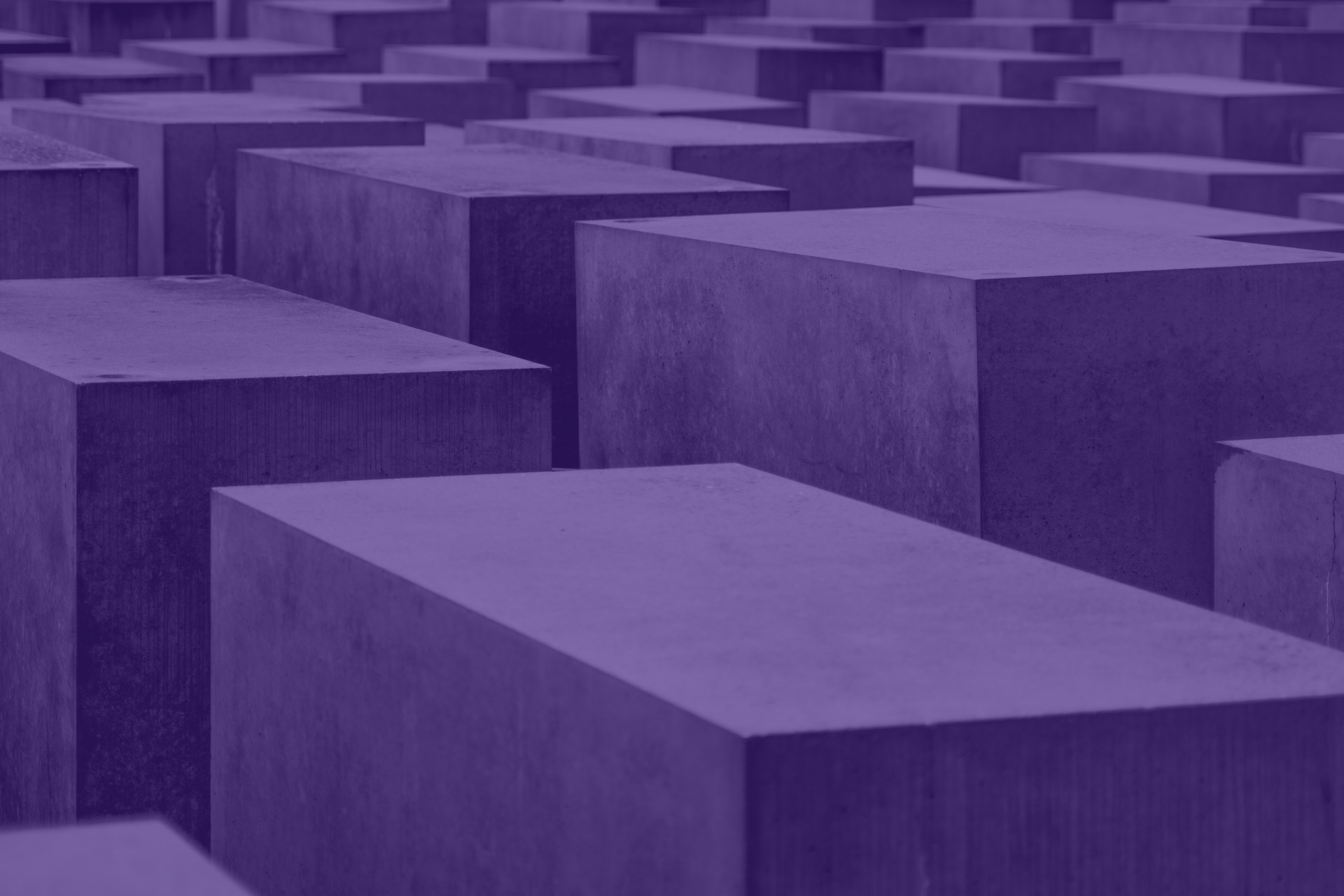My grandfather tells me Beto O’Rourke is just like Hitler. My father tells me Donald Trump is more like Hitler. People on the news tell me the unvaccinated are today’s Jews. The Israeli government tells me I am committing a second shoah. Everything is the Holocaust.
Godwin’s Law: As an online discussion grows longer, the probability of a comparison involving Nazis or Hitler approaches one.
First written over thirty years ago, Godwin’s Law has since worked its way up through the global online lexicon to find a place in the Oxford English Dictionary. While the usenet newsgroups that originally inspired the concept may be foreign to most internet users today, it still rings true in our current era of Twitter, 24 hour news, and an ever-constant digital hellscape. In recent years the law’s originator, Mike Godwin, has come to its defense, as well as to the defense of those who make apt Holocaust comparisons. “By all means cite GL if you think some Nazi comparison is baseless, needlessly inflammatory or hyperbolic. But Godwin’s Law was never meant to block us from challenging the institutionalization of cruelty or the callousness of officials who claim to be just following the law.”
This isn’t the first time Godwin’s Law has been discussed at further length. The original pseudoscientific truism was expanded on in 1995:
Miller’s Paradox: As a network evolves, citing Godwin’s Law prevents fewer Nazi comparisons.
Quirk’s Exception: Intentionally citing Godwin’s Law is ineffectual.
Rabbi Elazar ben Azaria: I would be surprised if there is anyone in this generation who knows how to rebuke correctly, without embarrassing the person he is rebuking.
For decades, we’ve been warned: it is ineffective to directly tell someone that a Holocaust comparisons is illegitimate, and the more we try, the less effective it becomes. Well before our own time even, the sages saw the same. In a world of imperfect people, every critique is met with one in return, rather than an open mind and willingness to change. Every article defending or bemoaning individual comparisons falls on deaf ears.
Rabbi Tarfon: I would be surprised if there is anyone in this generation who can receive rebuke.
Van der Leun’s Corollary: As global connectivity improves, the probability of actual Nazis being on the net approaches one.
My aunt reshared the same post twice, once before and once after I told her it was from Threepers. Coworkers tell me about their boogaloo friends. My father tells me it’s racist to be Jewish and that Jews are responsible for the economic oppression of Africa.
The internet has propagated conspiracy and hate at a breakneck pace. The divide between the internet and the rest of our lives has been erased. To hold extremist positions has become almost normalized (and I say almost out of conscious optimism). Part of the reason the Holocaust has become everything is because there are simply more people who don’t care that it was something to begin with.
Serenity prayer (recite daily, pair with coffee and meetings): Lord, grant me the serenity to accept the things I cannot change, the courage to change the things I can, and the wisdom to know the difference.
If we cannot tell people that their comparisons are not apt, and those same people are numb to the painful memory they call upon, then it is time for a new approach. I will not call for censorship, but I will call for new dialogue. If we want to change how the Holocaust is used in conversation, we have to change how we talk about the Holocaust.
Jews are not the sole authorities on the Holocaust, but we are often jockying for first against deniers. We are uniquely positioned to decide where the story starts and if it ends. The story Jews tell may stretch back centuries, painting the Holocaust as history’s largest pogrom. We focus on antisemitism and on particular methods which added to the cruelty and suffering. We might discuss the Treaty of Versailles as a primer or make an off-color joke about art school, but ultimately the Holocaust is an extreme point of Jewish victimhood. So extreme is this period that it seems to sit almost beyond history, so horrifying that it might as well be fiction to many.
In my own experience in public schools, the longest discussion of the shoah was in 10th grade English, when Elie Wiesel’s Night was assigned along with Shakespeare and Homer. I confess that, as the only Jew in my class, I declined to read the book. My classmates were unprepared to deal with the reality of it, as were the faculty who thought it best taught alongside fiction.
For people who cannot see themselves as the resilient underdogs in the story, who do not feel the pain of a story they’ve heard possibly all their lives, the Holocaust becomes one of the most shocking tales in a universally read canon. This audience treats every book and film, every memoire and biopic, as part of a new subgenre of horror. From this lens, it is not dissonant to deny the Holocaust and use its imagery for political gain.
If we are to combat the Holocaust’s misuse then we must ask: how do we then situate the Holocaust within history at large? How do we show the build up to atrocity in a way which people might better learn from, avoiding its repetition in the process? The answer might start in Namibia.
Germany began the first genocide of the twentieth century ten years before the onset of World War One. Seeking to move more wealth into German hands, the German Empire changed policy in the Namibian colony from enslavement of indigenous populations to ethnic cleansing. No order from the Kaiser to colonial authorities survives, but the accepted position of the Kaiser was total brutality towards those he considered inferior. After the empire fell, the German population was still emotionally consenting to the exploitation and execution of non-nationals. When a new voice arose ready to do the same, flavored with new populism and with a racial hierarchy which maybe better reflected common sentiments of hate, the German people were ready. A return to empire, national pride, and the subjugation of others led to the Holocaust. Six million Jews died not simply because they were uniquely hated, although they certainly were, but because a citizenry wished to return to a political structure built on oppression. Jews were the unlucky “other” who suffered most this time, experiencing the efficiency of a genocidal regime which had spent years studying and practicing its monstrous craft beforehand.
This is a short description, but it can serve as a seed for future conversations. The Holocaust must be less a story of yellow stars and attics, imagery which guilts outsiders without providing a useful lesson, and more one of reactionary forces attempting to regain a position they had only ever had thanks to deep injustice. This view connects Jewish suffering to that of other peoples, creating a base for solidarity necessary in combating the ever-growing right wing which would repeat the horrors of the past. For others who might be more susceptible to the New Right’s metapolitics, it elucidates the structures which led to a horror they might otherwise attribute solely to a few explicitly evil individuals and their banal henchmen.
My cousins got German passports with British nationalism back on the rise. Child slavery and death squads fuel the concentration of wealth in the imperial core. People are forced into open air prisons and reshuffled into warehouses along the Polish border by a new authoritarian.
In the never ending argument that has become the digital age, where Holocaust comparisons are seemingly endless, we must change how the Holocaust is discussed so that we might make its memory a tool for fighting the atrocities of our own time.
Featured Photo by Michael Fousert via Unsplash

